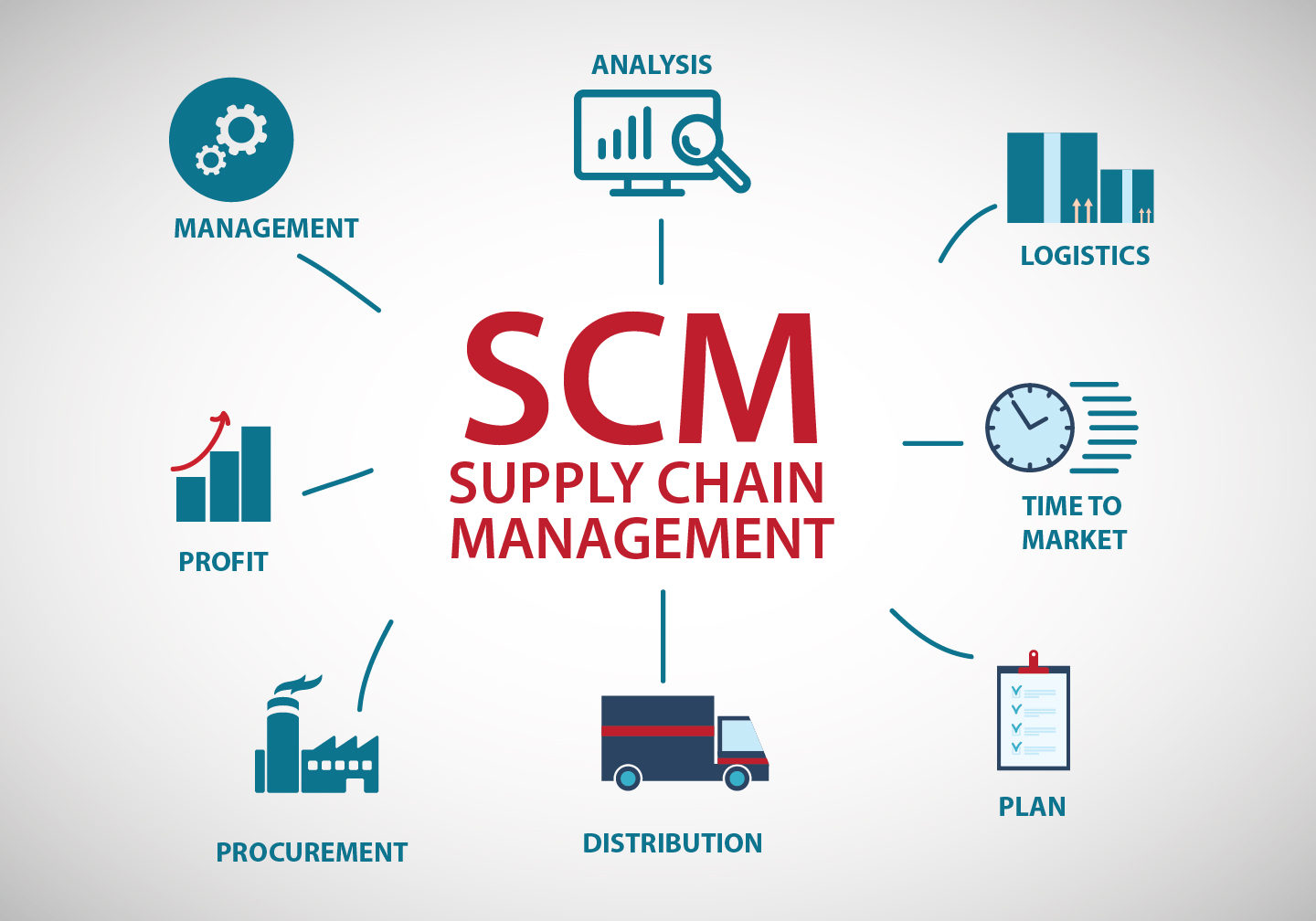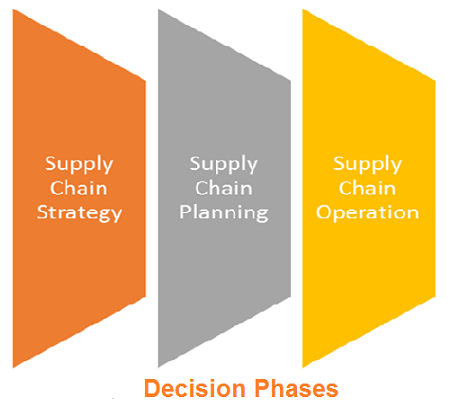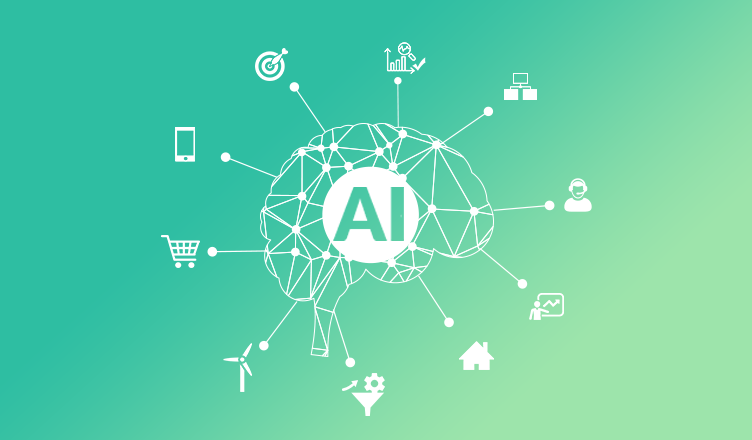



Hello dear friends !
AI refers to machine intelligence or a machine’s ability to replicate the cognitive functions of a human being. It has the ability to learn and solve problems. In computer science, these machines are called “intelligent agents” or bots.

here are three recognized levels in the AI spectrum, all of which we can experience today.
Assisted intelligence – This refers to the automation of basic tasks. Examples include machines in assembly lines.
Augmented intelligence – There is a give and take with augmented intelligence. An AI learns from human input. We, in turn, can make more accurate decisions based on AI information.
Autonomous intelligence – This is AI with humans out of the loop. Think self-driving cars.
AI technology isn’t the end but only a means towards effectiveness and efficiency, improved innovative capabilities, and better opportunities. And, we’ve seen this in several industries that have begun to adopt AI into their operations.up to 24 percent of businesses currently implement or plan on using artificial intelligence. Stand-outs are in the health, financial services, and automotive sectors. The model is designed to help financial services companies map buyer personas, simulate “future selves” and anticipate customer behavior. It has enabled these financial services companies in validating real-time business decisions within seconds.

Decision influenced by AI in Business,
Prior to the resurgence of AI and its eventual commercial application, executives have had to rely on inconsistent and incomplete data. With artificial intelligence, they have data-based models and simulations. Today’s AI systems start from zero and feed on a regular diet of big data. This is augmented intelligence in action, which eventually provides executives with sophisticated models as basis for their decision-making .there are several AI applications that enhance decision-making capacities.AI modeling and simulation techniques enable reliable insight into your buyer personas. These techniques can be used to predict consumer behavior. Through a Decision Support System, your artificial intelligence system is able to support decisions through real-time and up-to-date data gathering, forecasting, and trend analysis. This form of AI is often used by search engines, which regularly rank people’s interests in specific web pages, websites, and products. These bots employ different algorithms to get to a target’s HITS and PageRank, among other online scoring systems. Here, hyperlink-based AI is employed, wherein bots seek out clusters of linked pages and see these as a group sharing a common interest.

Future of AI in decision making,
When decision-makers and business executives have reliable data analysis, recommendations, and follow-ups through artificial intelligence systems, they can make better choices for their business and employees. AI also improves the competitive standing of the business.
Thanks for reading!
SMART
is basically a goal setting framework, a set of directions that helps individuals and businesses to have clearer actionable goals and achieve on-time.
it stands for Specific, Measurable, Achievable, Relevant, Time-bound.
Setting
goals are really important. There’s no second option on that.
if you want to be
more productive at work so that can complete more tasks faster and get a promotion so this can be achieved
by
setting SMART goals, leveraging the 80/20 principle, and communicating more
openly to the employees of all the levels in the organization and the positive peoples around us.
Smart Goal is achievable when you have the resources (time, money, conditions) to
achieve it in a reasonable time defined by your own understanding of
reasonable.
This definition applies to the whole in practice. if your goal is specific and measurable you should know how long would it take and how much resources would it cost you.
A relevant part of the SMART Goal is to help you to find how important the goal is for you. It’s both the most important from the SMART framework and the most skipped one, too.
A Time-bound goal is a goal that’s bound to time by having a start and end date very much defined.
The main difference between an incomplete SMART goal and an achieved SMART goal is the T that stands for Time-bound. Time-bound means that SMART goals must be scheduled for execution and have a realistic deadline.
SMART
goals force you to define your objectives clearly with the actions required for
achieving them.
SMART
goals are measurable meaning their target must be defined by a number. Knowing
this number allows you to know where you are at in your journey and
approximately when you’ll achieve your goal.
SMART
goals must be realistic and achievable
SMART is a goal-setting framework that helps individuals and business to define clearer actionable goals and achieve on-time.
Thanks for Reading !
Hello dear friends, The main objective of the supply chain is to increase the supply chain surplus.and for that there should be proper manag...
